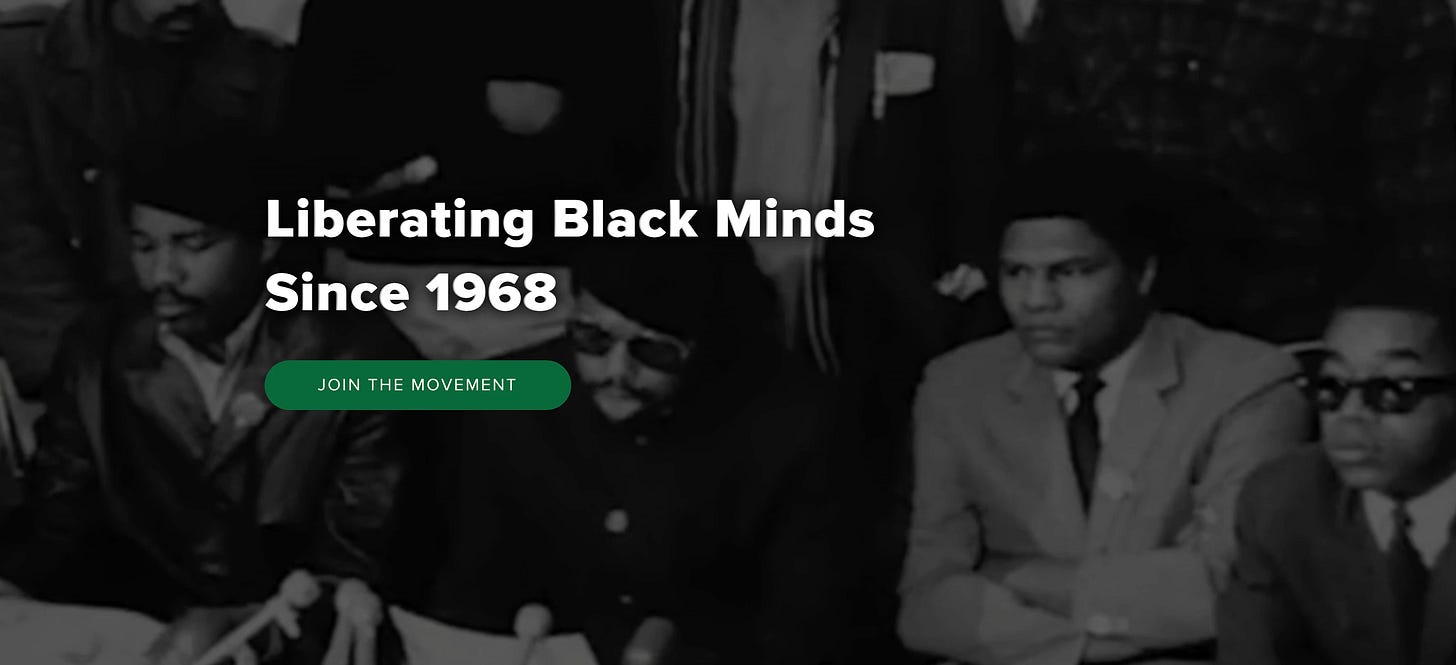Association of Black Psychologists (ABPsi) Convention Workshop
Black Men and Racial Trauma: Impacts, Disparities, and Interventions
Next week, I’ll be presenting at the 2025 Association of Black Psychologists (ABPsi) Convention—a space that continues to be a vital gathering for advancing Black thought. It’s an honor to be in dialogue with scholars, clinicians, and community workers who are actively reshaping the psychological well-being of Black people.
Here’s a description of the upcoming workshop based on my book, Black Men and Racial Trauma: Impacts, Disparities, and Interventions:
Black males are targeted in a patriarchal society with lethal violence and downward social mobility. Anti-Blackness is a form of trauma that is experienced interpersonally, collectively, and vicariously. Black males are disproportionately victims of sexual violence, intimate partner violence/homicide (IPV/IPH), and suicide. Getting killed by police is a leading cause of death for young Black men in America. Frameworks such as intersectionality fail to adequately capture Black male vulnerability. Most frameworks that attempt to explain the experiences of Black males are deficit- and pathology-oriented frameworks that lack empirical evidence and are inherently racist.
According to Social Dominance Theory (SDT) and research, outgroup men are often targets of violence. Similarly, genocide studies articulate the gendercide of outgroup males who are targeted for extermination in countries experiencing conflict. The field of trauma studies has failed to recognize this dynamic and adopt appropriate language and interventions to address this serious problem. This workshop relates to Black psychology in that it provides comprehensive information on Black men and racial trauma that fills a critical and urgent void in the mental health field and the emerging scholarship on racial trauma. Therefore, professionals will be able to begin to adequately recognize and articulate the racial trauma of Black men and provide responsive care and clinical interventions that inform treatment approaches.
Whether you’re attending ABPsi or following from afar, I hope this conversation pushes us to expand how we understand vulnerability, violence, and institutional decimation in the lives of Black men. Feel free to share your thoughts or questions in the comments—I welcome the dialogue.



